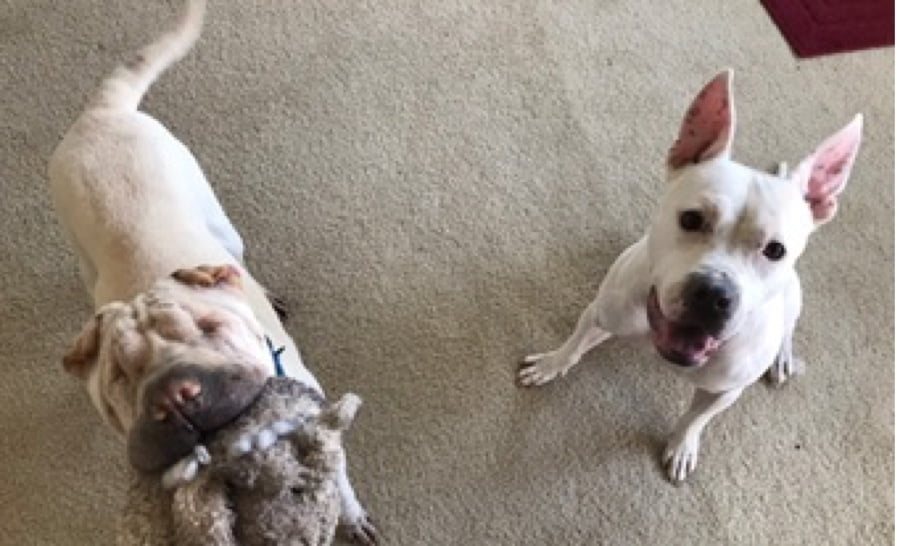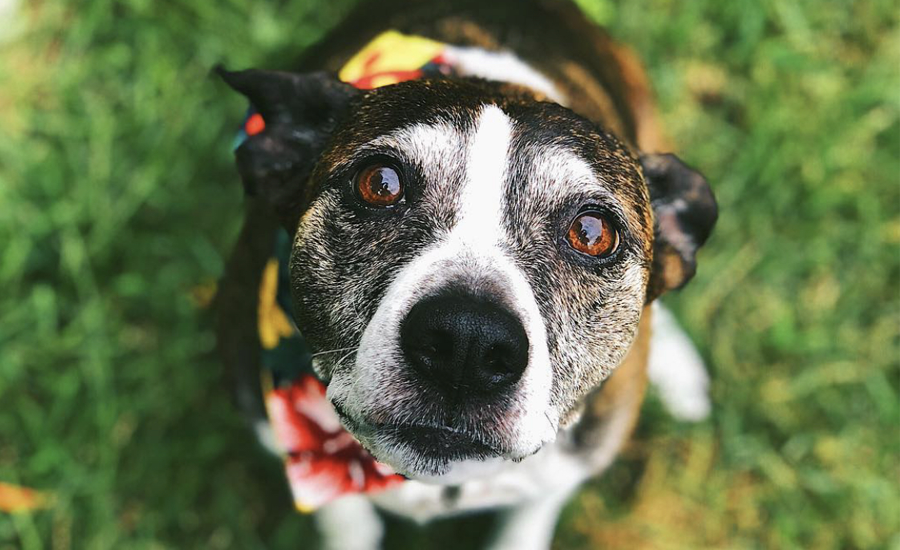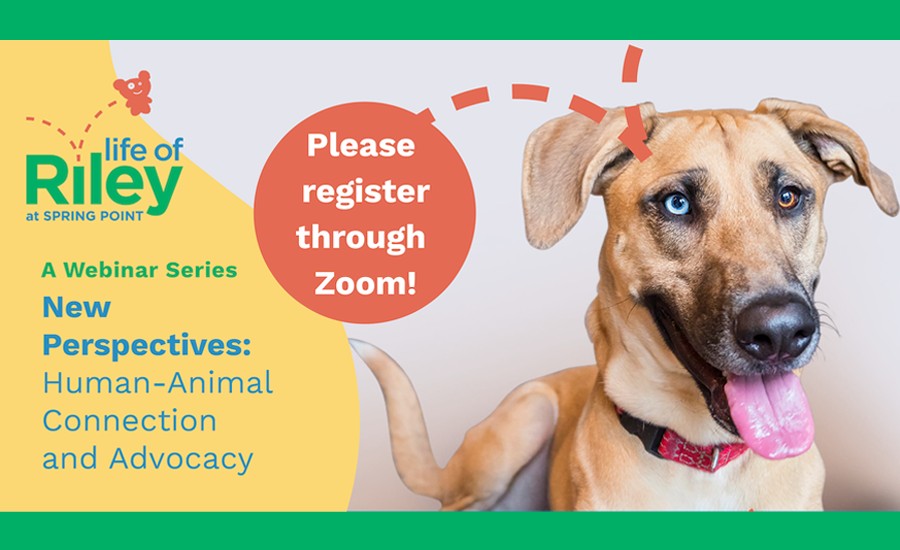We believe that one of the roles of the animal welfare movement is to strengthen the bond between people and animals. However, nurturing meaningful connections requires a range of perspectives and programming that can only come from a diverse group of leaders. New strategies developed and driven by these leaders will be critical to solving some of the most persistent and pressing animal welfare challenges, from inhumane dog breeding practices to the unnecessary euthanasia of companion animals in shelters.
With this in mind, Life of Riley is reviewing its own programs and policies through a Diversity, Equity, and Inclusion (DEI) lens. The questions below have been developed to aid in our process and we invite our partners to re-examine their own organizations to further the cause. We also encourage our partners to share other questions and issues that have surfaced along their journeys to advance diversity, equity, and inclusion in the field.
Diversity
1. People of Color already make up 40% of the U.S. population, and that will only grow in the coming years. Does the makeup of our board, staff, and leadership effectively represent our communities and society? If yes, how do these diverse perspectives and experiences show up in our daily interactions, programming, and strategy? If no, what are the strategies we are employing and the challenges we are facing as we work to diversify your leadership?
Equity
2. In what ways have we advanced our outreach programs — from strategic planning to program design and implementation — to actively engage versus serve BIPOC communities? How can we create environments and collaborations where BIPOC partners have full agency? In what instances and in what ways does that require us to remove ourselves from the equation?
3. Do the images and stories we share of BIPOC and other marginalized communities advance a different narrative — one where they are leaders in animal welfare, not just recipients of services or education?
Inclusion
4. Do our DEI efforts extend beyond inclusive “access to veterinary care” programming and into every programmatic area? Do our DEI efforts extend beyond one workshop, an advisory group, or adding a low-cost service for BIPOC communities?
5. How inclusive is our organization? In what ways have we shown a willingness to let go of old paradigms and create space for new ideas, strategies, and programming developed by BIPOC leaders and leaders from other marginalized groups? How are we validating the answers to these questions?
6. How have we worked to ensure that our HR policies and practices, and our internal and public-facing language, are inclusive (including trans-inclusive)? That includes our applications, exit interviews, annual review policies and the ways and reasons we reprimand an employee.



